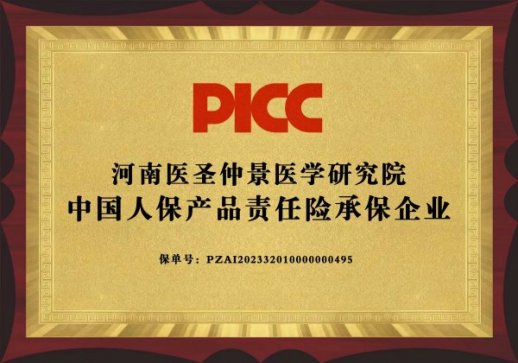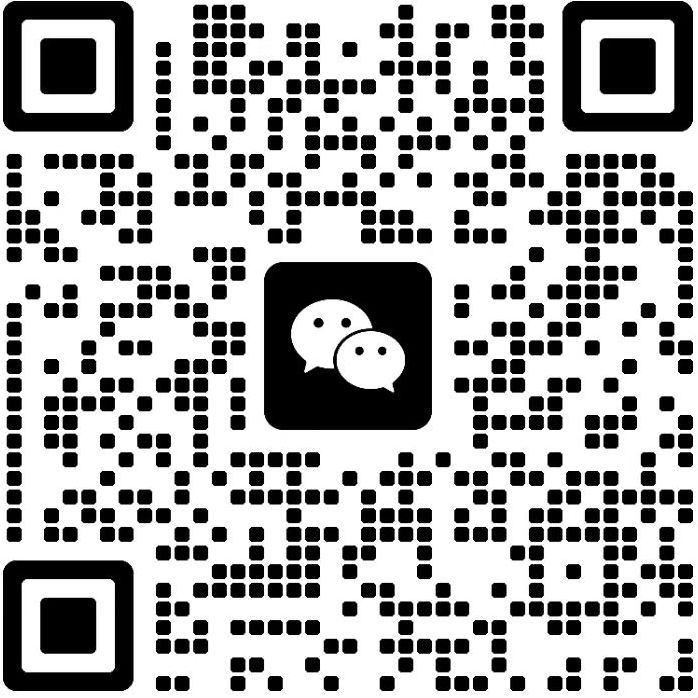一 、词汇等级
所谓词汇等级就是在写作的过程中 ,如果想出一个基本词汇来之后 ,能够在这个基本词汇的基础上把 它再提升一下 ,比如,我们一提到重要的 ,大多数同学首先会想到 important 这个单词 ,那么提升一下的话 就可以想到它的如下同义词 :significant, vital, main, key, crucial 等 。再如 :
方面 sides→aspects
表明 show→demonstrate, indicate
利用 use→utilize
因此 / 结果 so→therefore
部分 part→proportion
提高 improve→enhance, reinforce
改变 change→transform
强调 emphasize→attach great importance to, pay more attention to, place more importance to
培养 develop→cultivate
经常 often→frequently
使 make→enable
非常 very→exceedingly, extremely
令人兴奋的 exciting→thrilling
越来越 more and more→ increasingly
发展 development→advancement
影响 effects / influences→impacts
知道 know→be aware of
因为 because→in that
最后 at last→eventually
但是 but→however
二 、词汇的多样性
写作中重复使用同一个词汇 ,会给人带来内容平淡的感觉 。所以考生应当注意一些常用近义词的积累 。 如 :
连词和副词
Firstly: formerly, to begin with, to start with, first of all, at the outset
Then: afterward, after that, secondly, what’s more, furthermore(further more)
Lastly: finally, eventually, as a final point, last of all, last but not least
Too: as well (句末), in addition, besides, moreover, additionally
And: plus, as well as, along with, in addition, with
Or: otherwise, ifnot, before, or else
So (adv .): therefore, thus, consequently, accordingly, as a result, for that reason, hence, that’s why Because: as, due to, since, as to, in that, for the reason that, for, now that
But: however, nevertheless, on the contrary, on the other hand, even though, though, even if, while, as
Only: just, merely, barely, singly
Generally: mainly, basically, commonly, on the whole, in generally
Very: extremely, acutely, deeply, exceedingly, greatly, highly, uncommonly, profoundly, unusually
Actually: as a matter of fact, indeed, in fact, in point of fact, in reality, in truth, truly
形容词/副词
Important: essential, significant, vital, crucial, profound, play a pushing role, indispensable, critical,
fundamental, primary, elementary, necessary
Big: massive, enormous, tremendous, giant, vast, large, huge, monster
Many: numerous, plenty of, a great number / deal / amount of
Small: minimum, petite, undersized, tiny, little
Good: outstanding, distinguished, remarkable, superb, incredible, unbelievable, out of this world, fantastic,
terrific, excellent, great, wonderful, amazing
Bad: terrible, poor, substandard, unsatisfactory, harmful, damaging, hurtful, unhealthy
Easy: simple, effortless, no trouble, painless, a piece of cake (informal), child’s play (informal)
Clear: obvious, apparent, recognizable, transparent, plain, understandable, simple
Difficult: hard, tricky, complicated, complex, involved, puzzling, thorny
Angry: annoyed, displeased
动词
Think (that): hold the (opinion/ belief/ position/stand point/idea) that, believe, argue, maintain, suppose,
insist, be convinced, to my knowledge, personally, from my personal perspective, from my point of view
Show: convey, reveal, express, imply, verify, clarify, signify, exemplify(例证 ;例示), illuminate, indicate, means, explain, give an/a example (reason, explanation) of, point out
Know: realize, comprehend, identify, notice, perceive, recognize, see, understand, figure out Get: acquire, attain, achieve, obtain, gain
Suggest: have a proposal in, advise, recommend
Stop: halt, cease, conclude, end, pause, put an end to, quit, shut down
Make: create, assemble, built, construct, form, manufacture
Give: present, award, contribute, deliver, donate, grant, hand over, hand out, provide, supply
Happen: occur, come about, come to pass, develop, result, take place
名词
Problem: issue, question, case, trouble, difficulty, dilemma
Meeting: conference, discussion, assembly, congress, convention, gathering session
Study: learning, application, lessons, reading, research, school work, examination, analysis, consideration,
inspection, investigation, knowledge, scholarship
Advantage: benefit, dominance, precedence(优先 ,居先), profit, merit
Disadvantage: shortcoming, weakness, drawback, deficiency, flaw, downside
 手机浏览
手机浏览
 全国
全国 18472316003
18472316003







